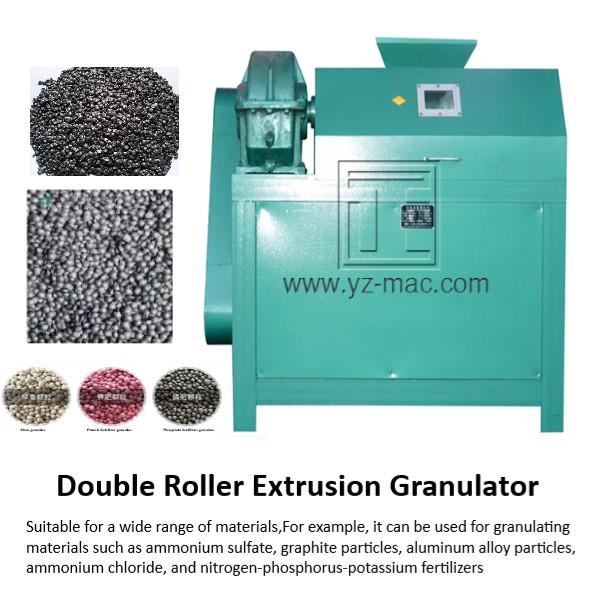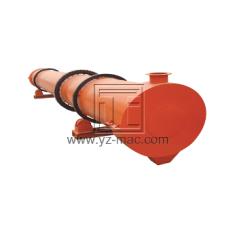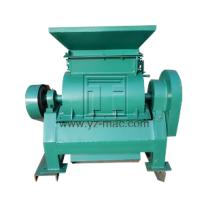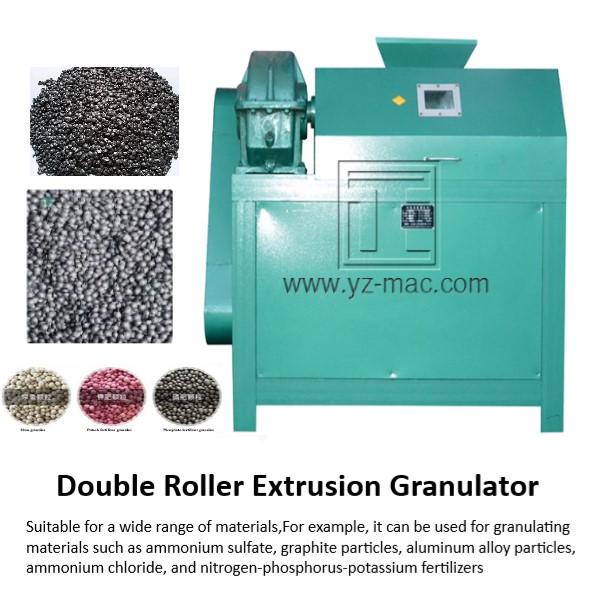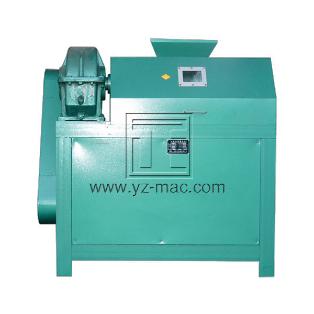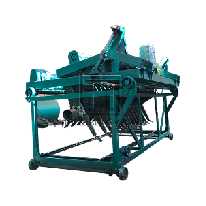Granular fertilizer making machine
A granular fertilizer making machine is a specialized equipment designed to produce high-quality granular fertilizers from various raw materials. This machine plays a crucial role in the fertilizer manufacturing process, as it helps convert raw materials into uniform, easy-to-handle granules that provide balanced nutrient release for plants.
Benefits of a Granular Fertilizer Making Machine:
Controlled Nutrient Release: Granular fertilizers are designed to release nutrients gradually over time, providing a steady supply of essential elements to plants. A granular fertilizer making machine ensures the production of uniform granules with controlled nutrient release characteristics, enhancing plant uptake and minimizing nutrient loss.
Increased Nutrient Efficiency: The granulation process helps enhance the efficiency of nutrient utilization. By converting raw materials into granules, the machine optimizes nutrient availability and reduces the risk of leaching or volatilization. This promotes efficient nutrient uptake by plants, leading to improved crop yields and reduced environmental impact.
Convenient Handling and Application: Granular fertilizers are easy to handle and apply compared to other forms of fertilizers. The granules have consistent sizes and shapes, allowing for precise application with spreading equipment. This facilitates uniform nutrient distribution across the field and minimizes the risk of over or under-application.
Versatile Formulation Options: A granular fertilizer making machine offers flexibility in formulating custom blends and specialized fertilizers. It allows for the incorporation of different raw materials, such as nitrogen sources, phosphorus sources, and potassium sources, along with micronutrients and soil amendments. This enables farmers and fertilizer manufacturers to tailor fertilizers to specific crop and soil requirements.
Working Principle of a Granular Fertilizer Making Machine:
A granular fertilizer making machine typically employs a granulation process that involves several steps, including material preparation, granulation, drying, cooling, and screening. The raw materials are mixed and conditioned to achieve the desired nutrient composition and moisture content. The mixture is then fed into the granulation chamber, where it is agitated, compressed, and shaped into granules. The newly formed granules are then dried, cooled, and screened to remove fines and achieve the desired granule size.
Applications of Granular Fertilizer Making Machines:
Agricultural Farming: Granular fertilizer making machines are extensively used in agricultural farming to produce high-quality fertilizers for various crops. The granules provide a convenient and efficient means of delivering nutrients to plants, promoting healthy growth, and maximizing crop yields.
Horticulture and Greenhouse Cultivation: In horticulture and greenhouse cultivation, granular fertilizers are commonly used to supply nutrients to potted plants, ornamentals, and specialty crops. Granular fertilizer making machines enable the production of tailored granules to meet the specific nutrient requirements of different plant species and growth stages.
Commercial Fertilizer Manufacturing: Fertilizer manufacturers rely on granular fertilizer making machines to produce bulk quantities of granular fertilizers for distribution. These machines allow for consistent and efficient production, ensuring that the granules meet industry standards and customer demands.
Organic Fertilizer Production: Granular fertilizer making machines are also utilized in the production of organic fertilizers. Organic materials, such as compost, animal manure, and bio-wastes, can be processed into granules using these machines, providing a convenient form of nutrient-rich organic fertilizers.
A granular fertilizer making machine plays a vital role in enhancing fertilizer production by converting raw materials into uniform, nutrient-rich granules. The benefits of using a granular fertilizer making machine include controlled nutrient release, increased nutrient efficiency, convenient handling and application, and formulation versatility. These machines find applications in agricultural farming, horticulture, commercial fertilizer manufacturing, and organic fertilizer production.



